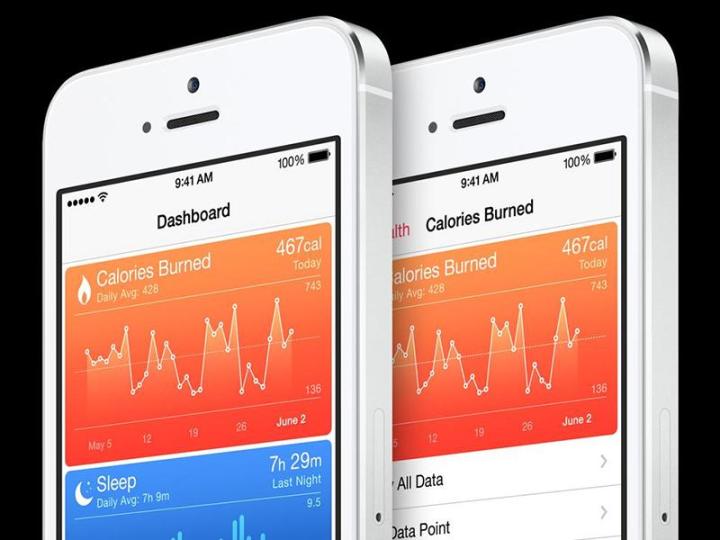
Due to a few last-minute compatibility issues, HealthKit was disabled in the original iOS 8 roll-out, which meant apps that plugged into it had to play a waiting game. Now those apps can go live: WebMD, Human and FitStar Personal Tracker are three of the 14 apps that have so far shown up. Some of the bigger apps are waiting for confirmation that all the HealthKit bugs really have been ironed out, but you can expect to see them trickle into the App Store in the coming days.
HealthKit, if you’ve just arrived from a planet with very little coverage of the iOS news cycle, is the health and fitness platform that Apple wants developers to adopt as a back-end — third-party apps and devices can put data in and get data out, giving you (in theory) one framework to store all of your data. Google Fit aims to do a similar job, albeit in a slightly different way.
“Experience an entirely new approach to wellness where your fitness app can talk to your calorie tracker, your doctor can be automatically notified of updates to your health data, and great apps work together for a healthier you,” runs the introduction to the new Apps for Health section in iTunes. “This handpicked collection highlights the best fitness, nutrition, and medical apps customized for iOS 8.”
Health apps aren’t the only new releases to get their own section on iTunes. There are also dedicated ‘storefronts’ for iOS 8-optimized games and photo apps as Apple tries to encourage iDevice owners to make the most of their new mobile operating system. Tim Cook and his team will no doubt be relieved that iOS 8 now features all of the new functionality that was promised, some ten days after its original launch.
Editors' Recommendations
- I don’t think Apple wants me to buy the new iPad Pro
- Best iPhone 15 deals: How to get Apple’s latest iPhone for free
- Apple’s new iPad Air is official, with a lot of big upgrades
- The new iPad Pro is here, and it looks absolutely ridiculous
- I found an amazing new way to use my iPhone 15 Pro Max


